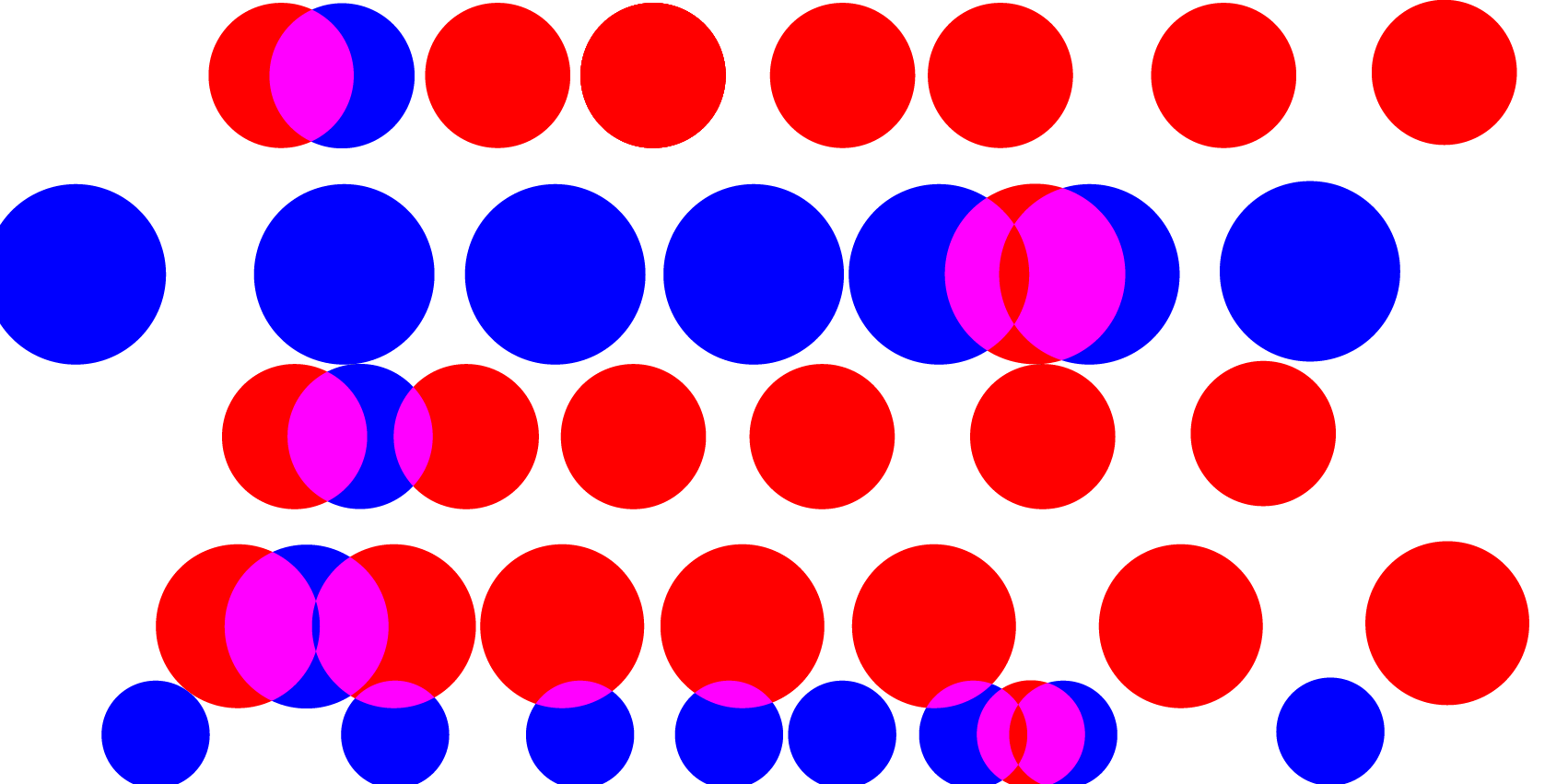Qualification Program
The Research Training Group (RTG) is a place for qualification, especially for doctoral students. Work on your own doctoral research project is accompanied by an individualized and structured qualification program designed to open a variety of different professional fields to you.
You will leave here qualified not only for research and teaching in higher education. The competencies acquired at the RTG are assets to working in other professions in the public and private fields as well. Graduates of the RTG’s qualification program are well-placed to become decision-makers in governmental and non-governmental institutions, as well as in participatory democracies, in political education and consulting; they will be attractive to employers in fields such as cultural mediation, organizational development and media, and they will be at home in international cooperation and diplomacy.
Our qualification program, which offers a wide range of options to be tailored to your specific needs and interests, has three overriding goals: (i) early scholarly independence with the aim of a doctorate within three years, (ii) the practice and implementation of interdisciplinarity, and (iii) the promotion of international cooperation. More than 80% of your time as a doctoral candidate is available exclusively for work on your doctoral dissertation. The work process is clearly and bindingly structured by defined milestones, especially in the first year. Your excellent disciplinary research with interdisciplinary contextualization in the RTG will furthermore be supported by international collaborations.

What is the qualification program aimed at?
We promote expertise in high-quality research in Contradiction Studies, we support you in developing your academic skills including research and writing techniques, we offer experiences in international dialogue and promote competences in global knowledge, not least diversity and transculturality competences, and we offer a space in which you develop your rhetorical and social competences in dealing with contradiction. All this not least with the aim of expanding your competence in dealing self-reflectively with contradiction.
Supervision of your doctoral project
The academic guidance, supervision and networking of the doctoral candidates is usually carried out in tandems of supervisors consisting of two professors; if appropriate, postdocs may also be involved in supervising. It is encouraged to include professors from different academic disciplines in your supervisory team, providing access to expertise from within your field as well as opening interdisciplinary perspectives. One of your supervisors must be from the discipline in which the dissertation will be submitted. The teams of supervisors can be extended to include more than two professors at the request of the doctoral candidates, for instance to include an international supervisor or an additional academic field. The team will offer doctoral students advice, opportunities for networking and diversity.
Plannability and independence through binding modules
The qualification program is modular and allows for individualized and plannable qualification. The modules promote scholarly competencies and contribute to competence in interdisciplinary dialog. Your team of supervisors as well as the coordinators of the RTG will provide you with guidance in how to plan your time as a doctoral fellow. The qualification program consists of four modules:
In modules 1 and 2, obligatory for all doctoral candidates of the RTG, you will work on your own research project, develop your own research design and reflect on your research in an interdisciplinary setting. Modules 1 and 2 include an introduction to the field of Contradiction Studies (our “toolbox”), training in research data management, a regular research colloquium, participation in an international conference on Contradiction Studies at U Bremen, and further conference participation. In Module 3, you are asked to accumulate 10 RTG points (‘Kollegpunkte’) by freely combining different formats. Options include independently planning a session within our Debating Contradiction Studies format, mentored academic teaching, co-teaching, publishing an academic paper, an international research stay funded by the RTG, or an internship. We will advise you on the options at an early stage and offer you autonomy and flexibility in the implementation of this module. In Module 4, which is completely optional, you have the opportunity for further develop your interdisciplinary skills, for example through writing labs, language courses or training in time-management.
Peer-mentoring
Small peer-mentoring groups will be established toward the beginning of your fellowship; they will function as a sort of anchor throughout your time at U Bremen. These groups are oriented by the idea of mutual counseling: in a supportive and confidential setting, fellows among themselves discuss the challenges of writing a PhD and of life in academia in general and give each other advice. Our academic coordinator will be there to assist you in developing formats that work for you, and to offer advice on specific issues or questions that arise within the group.
One-on-one career counseling
For those or our fellows who are interested, the RTG also offers one-on-one career counseling. In those sessions, we might explore questions such as (but certainly not limited to): How can I be expected to produce original work, yet integrate seamlessly into ongoing scholarly discourse? How can I finish my dissertation within three years but still feel like I am doing justice to my project? What if I’m not sure that academia is the right place for me?
Languages
German and English are spoken within the RTG; neither are given preference.
Further information
Applicants invited to an interview will receive a detailed overview of the qualification program’s modular structure. The qualification concept will be presented in detail at a Welcome Retreat in June 2022 to our new cohort of doctoral students.